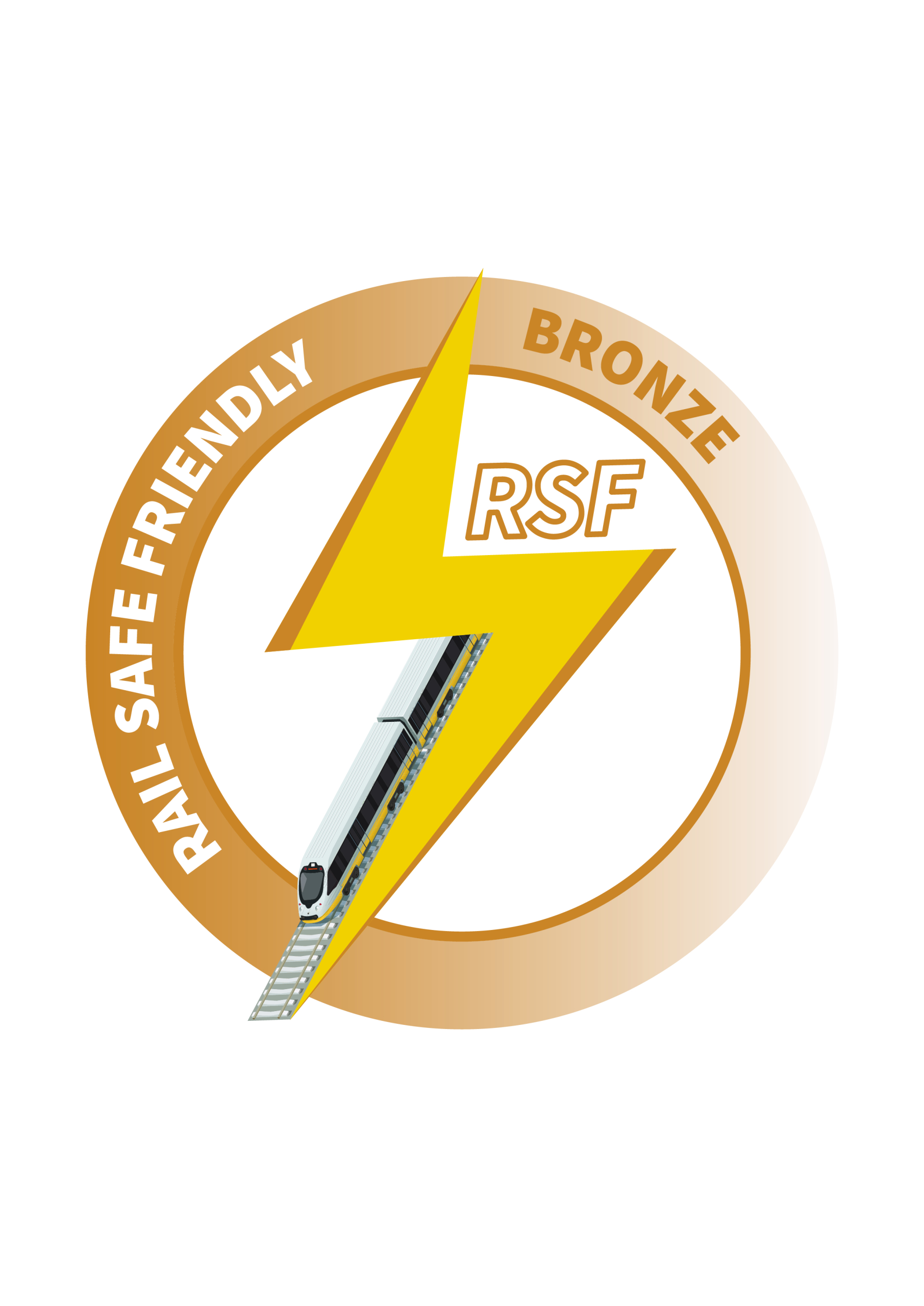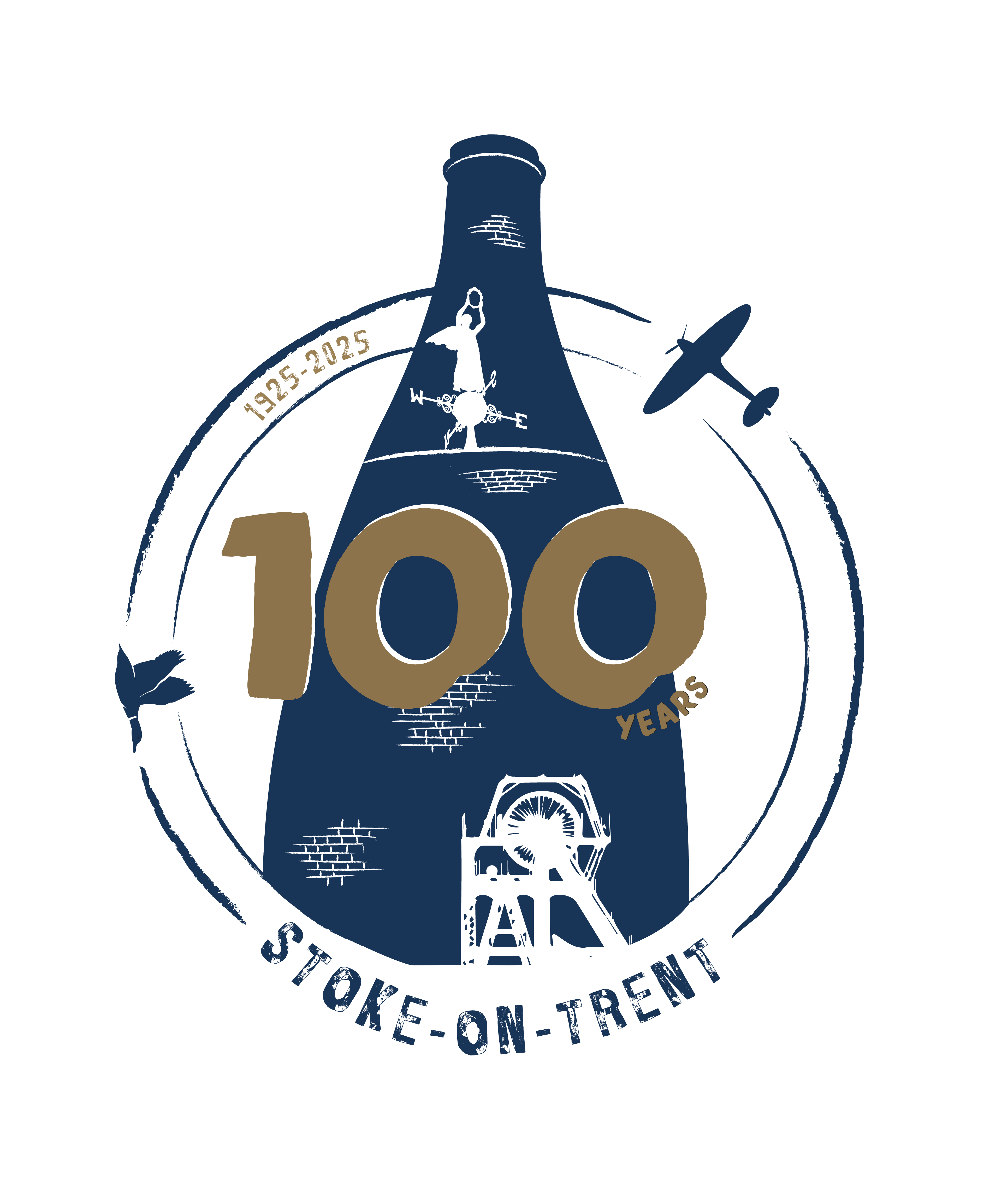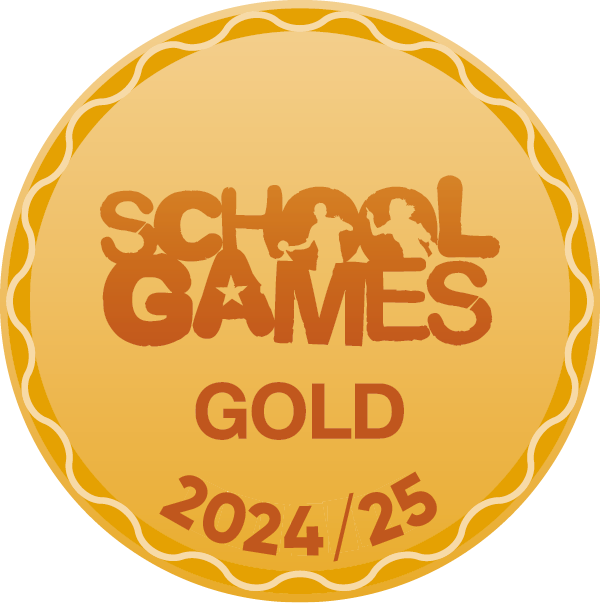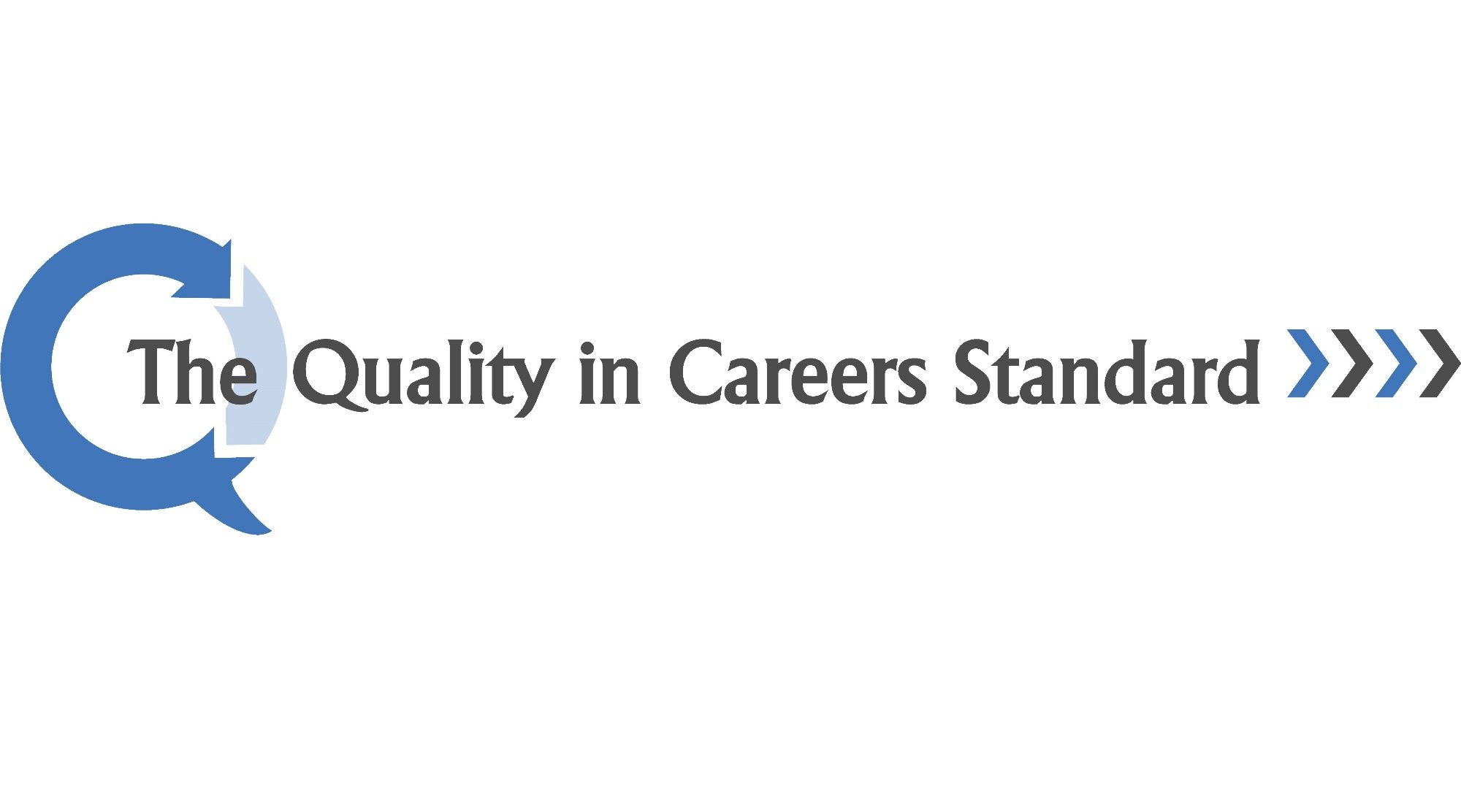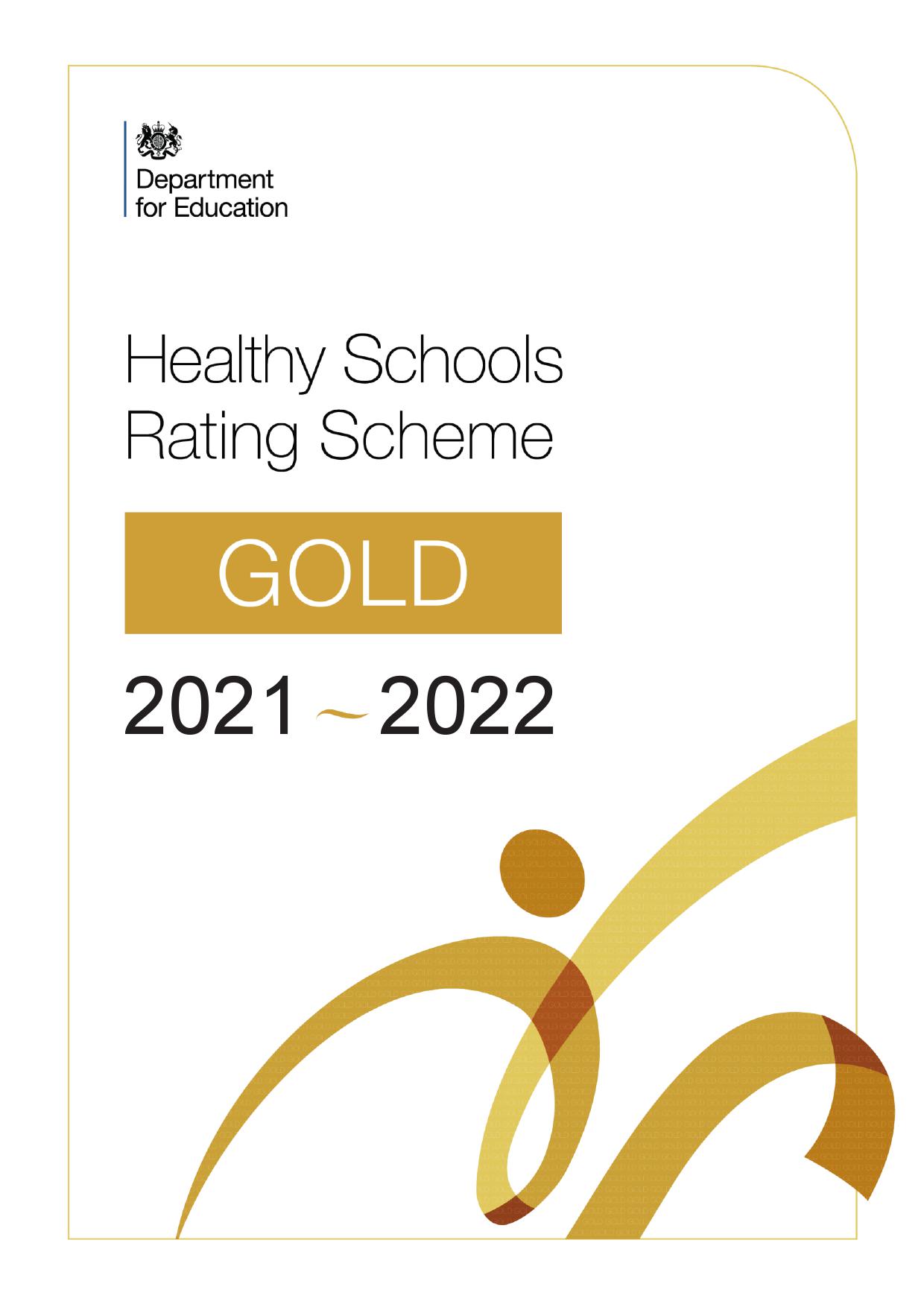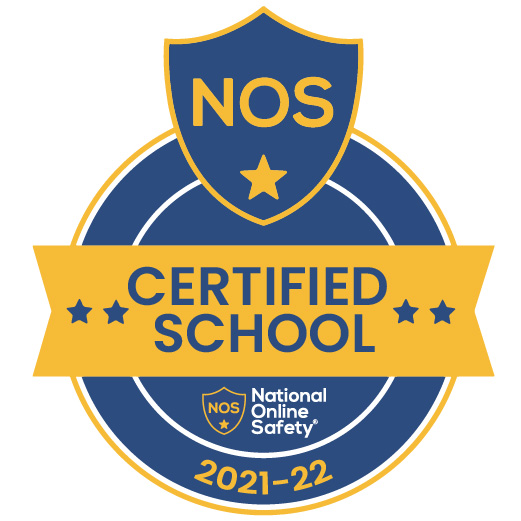Literacy & Oracy
Literacy
Vocabulary
The average student requires a reading age of 15 years and 3 months to access and understand their GCSE examinations. The average reading age for students taking their GCSE exams is 10 years of age. A study by Hart and Risley* found that the average number of words a child growing up in a professional family is exposed to is 46 million, a child from a working-class family on average is exposed to 26 million whereas a child growing up in a family receiving welfare support on average is exposed to just 13 million words.
At OSSMA we prioritise the importance of vocabulary and see it as our duty to narrow the vocabulary gap for our young people, and as 90% of all words are encountered whilst reading**, we prioritise reading. Whole class reading takes place every day for 15 minutes with all students in a year group reading the same challenging text, and then given the opportunity to discuss and reflect on how that text embraces the Subject themes taking place alongside it, or the academy values that the text promotes. A Year 7 student will leave OSSMA having read and studied at a minimum of 23 ambitious works of Literature.
*Hart & Risley, ‘Meaningful differences in the everyday experience of young American children’.
** Stanovich, ‘Does reading make you smarter? Literacy and the development of verbal intelligence’
Daily Vocabulary Diet
| WOW word (word of the week) | Ambitious word linked to either academy values, current affairs, thematic topics or specific staff request following formative assessment. | The WOW word is shared on a Monday in form time and is revisited throughout the week and displayed throughout the school media system. |
| DEAR time vocabulary | Ambitious vocabulary from the text with definitions and often linked to the context of the DEAR novel | Keywords displayed with definitions on a board whilst DEAR time is taking place, enabling students and staff to discuss their meaning and contextual importance, in order to enhance their vocabulary |
Example WOW Word of the Week
nostalgia
NOUN
1. a sentimental longing or wistful affection for a period in the past.
“I was overcome with acute nostalgia for my days at OSSMA.”
synonyms:
wistfulness · longing/yearning/pining for the past · regret · regretfulness · reminiscence · remembrance · recollection · homesickness · sentimentality
– something done or presented to evoke feelings of nostalgia.
Etymology:
Greek meaning “painful homecoming.”
Example in context:
We look back with nostalgia as the prospective Year 11 leavers enter their final week.
Oracy
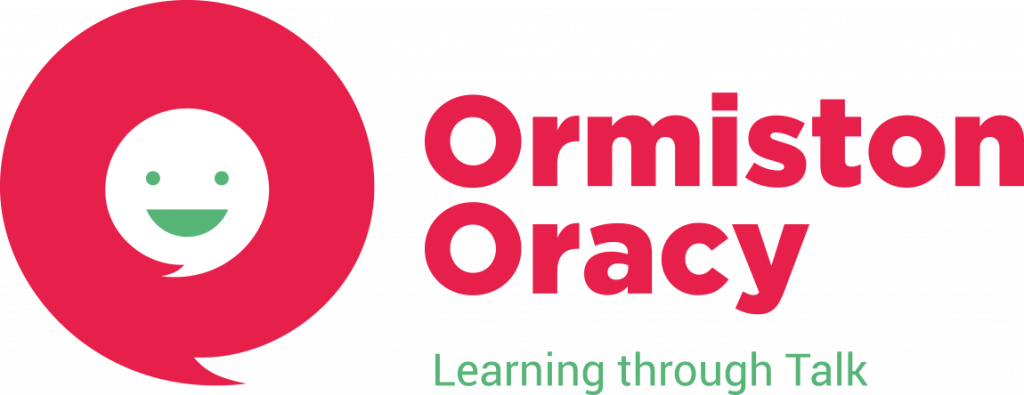
Our ‘Outstanding Oracy’ vision
Students at OSSMA will become confident and eloquent speakers. They will develop the ability to present, debate and articulate themselves in lessons, in extra-curricular activities and around the academy. Our students will find their voices and will use them to become powerful communicators.
How do we incorporate ‘Outstanding Oracy’ into the OSSMA curriculum?
Communication is at the core of our society and as such, it is at the heart of our Academy. Within lessons, the 4 strands of oracy are woven into the fabric of teaching and learning as teachers are challenging each student linguistically, cognitively, emotionally and physically. Pupils are not just learning how to express themselves like a great orator, but they learn through speech, enabling them to think and sound like subject experts. In history our students speak like historians, in maths they become mathematicians in French they are Linguists. However, our oracy experiences don’t just stop there. There is a wealth of oracy opportunities through extra-curricular enrichment. In KS3 students can participate in mock trials, speaking competitions with other schools in Stoke on Trent, each lunchtime in year 7 forms will it together and debate current affairs in family lunch. Voices are valued at OSSMA and each child that walks through our doors is given a platform to find them, develop them and have them heard.
How do we develop ‘Outstanding Oracy’ skills in our students?
Whilst at OSSMA each student will develop their ability to communicate effectively in both an academic and pastoral capacity.
In order for this to be achieved a thoughtful oracy package has been crafted so each student can not only evolve their oracy skills but also identify areas for development and track their progress.
Here are just a few examples of what our students will get to experience whilst at OSSMA:
- 2 Oracy Assessment Points in every subject in Years 7-10
- GCSE qualification in Speaking and Listening by Year 11
- Extra-curricular enrichment opportunities such as Mock Trial, Youth Speaks
- Year 7 will all participate in Family Lunch
- Participate in a national debate through Votes for Schools delivered in form
- High-quality teaching and learning which incorporates oracy
What do students say about ‘Outstanding Oracy’ at OSSMA?
“In my opinion, oracy has been a large part of my school life at OSSMA, which began with family lunch in Year 7. This was to encourage the speaking skills of all the students and to enable us to speak confidently. Students are also given the opportunity to voice opinions and ideas in class time during discussions. This increases students’ confidence, knowing that what they say is valued and that their contribution is appreciated. I am glad to have had the opportunity to develop my communication skills and feel my confidence has grown in this area since starting at OSSMA” James – Year 10
At OSSMA we are creating communicators who empower themselves and others.
